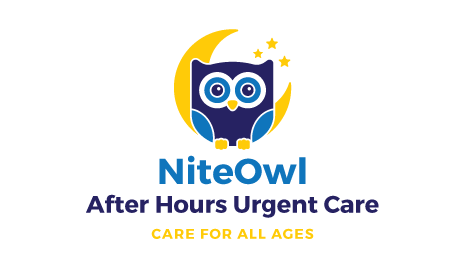What You Should Know about The Flu Virus and Vaccine
Flu season! We all know it well. Our physicians and medical providers urge us all to get the flu vaccine every fall, and if we know what’s good for us, we heed their warnings! Flu season typically lasts from the start of fall to the end of spring; and let’s face it, that’s a lot of months to be concerned about. Get vaccinated, eat healthy foods, wash your hands like it’s your favorite, and keep those Clorox wipes close at hand– because the last thing you want is two weeks in bed with the flu.

Q: What is the flu?
A: Flu, or Influenza, is a contagious respiratory illness caused by influenza viruses affecting the throat, nose, and sometimes lungs. It can range in severity from mild to life threatening.
Q: Does the flu shot always prevent you from contracting the flu?
A: Unfortunately, no. You can still get sick with the flu even if you’ve had a flu vaccine; however, even if you do, the duration and severity of your symptoms will be greatly reduced if you’ve had the shot.
Q: Can the flu shot actually infect you with the flu and make you sick?
A: No, a flu shot cannot cause you to contract the flu. This is a common misconception. Flu vaccines are currently made in two different ways: the vaccine is made either with flu vaccine viruses that have been 'inactivated' and are therefore no longer infectious, or alternately with no flu vaccine viruses at all.
Q: What are the most prevalent symptoms of the flu?
A: Fever, chills, cough, sore throat, runny and/or stuffy nose, muscle and body aches, headaches, fatigue, and in some cases (more often with children) vomiting and diarrhea.
Q: Do you always have a fever with the flu?
A: No. Fever is a common symptom of the flu virus; however, absence of a fever does not always indicate that a person does not have the flu.
Q: How long does it take the flu vaccine to become effective?
A: Protective immunity does not develop until a week or two after you’ve been vaccinated. As such, it’s possible to come down with the flu shortly after receiving the shot.
Q: When is the best time to get the flu shot?
A: Flu season can last from September to as late in the year as May! For this reason, it’s best to try to get your vaccine early so your body has that time to build up immunity to the virus. If you can’t get it that early or time gets away from you, that’s okay! You should still get the flu shot. Better late than never!
Q: Can you get the flu twice in one season?
A: Though rare, experts say it is possible for you to get the flu twice in one season. The reason for this is that there are multiple strains of flu viruses circulating at any one time, and you might be unlucky enough to come into contact with more than one strain.
Q: Can babies and pregnant women safely get the flu vaccine?
A: Yes. According to the CDC, the flu shot is safe for pregnant women and babies 6 months or older. In fact, the American Congress of Obstetricians and Gynecologists (ACOG) recommends that pregnant women be vaccinated against the flu.

If you or your little ones need a flu vaccine, come see us at NiteOwl Pediatrics in Chattanooga. We can also administer flu tests, and treat the flu. If you or a family member is experiencing flu-like symptoms, come see us. We'd love to help!
